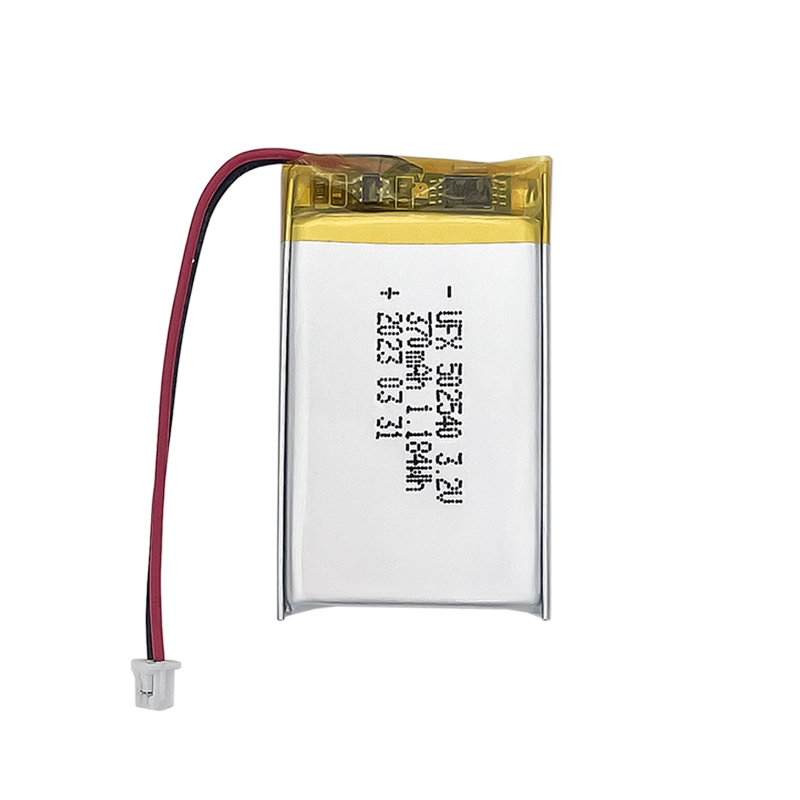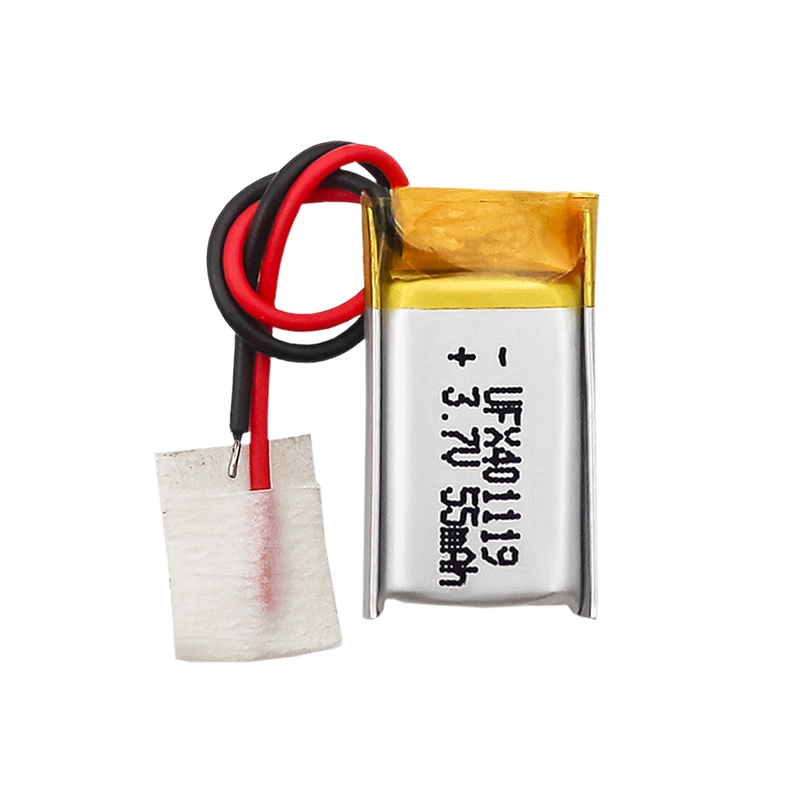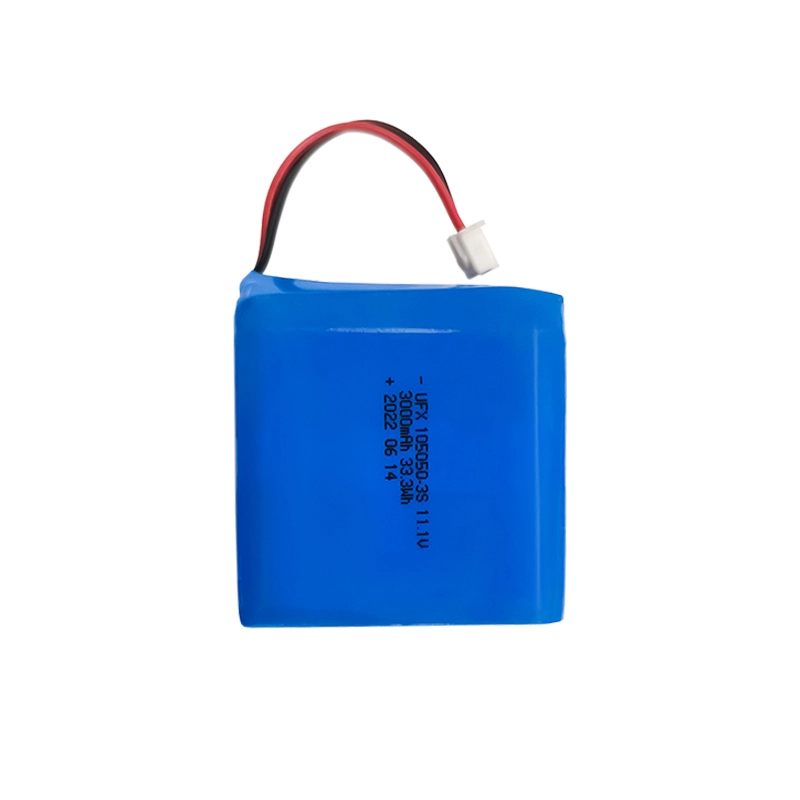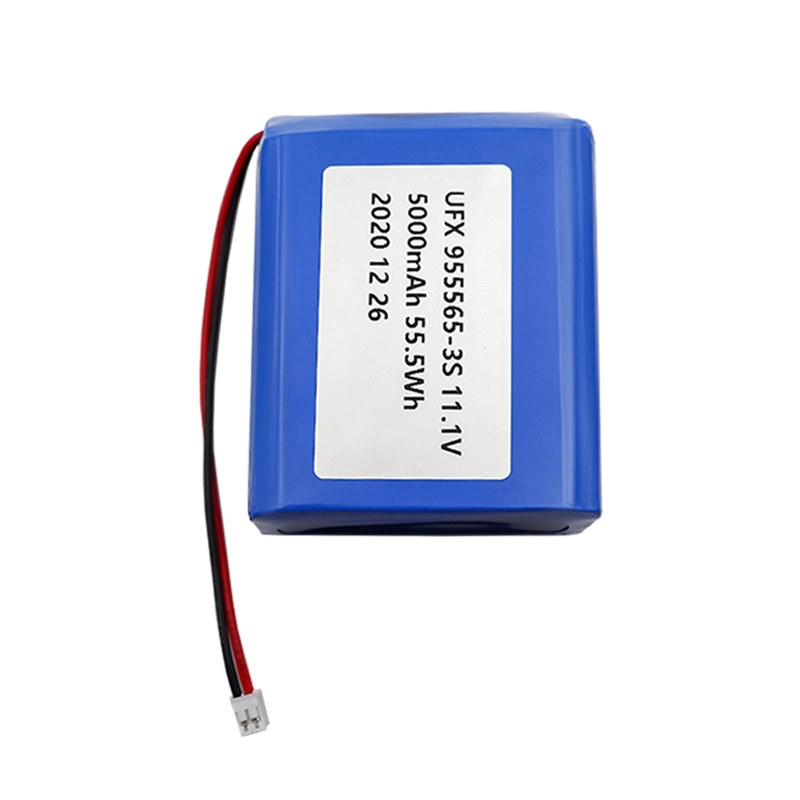
Digital Thermometer Batteries
Digital thermometers are accurate and reliable temperature measurement tools. With efficient battery life and advanced features, they have become the preferred choice of many individuals and healthcare professionals. By understanding their accuracy, battery life, and factors that may affect their performance, users can make informed decisions when selecting and using a digital thermometer.
Are digital thermometers accurate?
Digital thermometers are known for their accuracy. They can provide precise temperature readings in seconds. These thermometers utilise electronic sensors to measure temperature, ensuring reliable results. However, using them correctly and following the manufacturer’s instructions is essential for optimal accuracy.
Battery life of digital thermometers
The battery life of electronic thermometers can vary depending on factors such as the type of thermometer, how often it is used, and the specific batteries used. Generally, battery life for electronic thermometers ranges from a few months to a few years. Some thermometers may have built-in rechargeable batteries. Others use replaceable batteries, such as button cell batteries. Refer to the manufacturer’s instructions or specifications for the particular electronic thermometer model to determine expected battery life and any recommendations for battery replacement.
Digital versus mercury thermometers: which is more accurate?
Digital thermometers are generally considered more accurate than mercury thermometers. Although mercury thermometers were once widely used. However, digital thermometers are faster to read. And the risks associated with mercury are eliminated. Digital thermometers also have features such as memory storage and heat indicators. This improves their usability and accuracy.
Factors affecting the performance of digital thermometers
There are several factors that can affect the performance of a digital thermometer.
Firstly, the ambient temperature affects the accuracy of the electronic sensor. It is therefore important to use the thermometer within the appropriate temperature range.
Second, proper calibration and maintenance are critical to maintaining accuracy over time.
Finally, factors such as humidity, altitude and external heat sources can affect the performance of digital thermometers and should be considered.
High Energy Density
It stores large amounts of energy in a smaller and lighter package
Longer Cycle Life
Withstands extensive charge and discharge cycles
Low Self-Discharge
Maintains power longer when not in use
Safety
Minimizes the risk of accidents and ensures safe operation
More Information About Digital Thermometer Battery
-
What is the digital thermometers?
-
Which type of digital thermometer is most accurate?
-
Are digital thermometers better?
-
What is the difference between a digital probe and a thermometer?
Latest Blogs
About Lithium Battery Industry News

Lithium-Ion vs Lead-Acid AMR & AGV Batteries Compared
Discover the pros and cons of lithium-ion and lead-acid AMR & AGV batteries. Learn about cost, lifespan, safety, and which is right for your fleet.
2026/01/14 Ufine

Robot Vacuum Battery Replacement: Easy Step-by-Step Guide
Learn how to replace a robot vacuum battery safely and easily. Step-by-step instructions, battery types, costs, and common mistakes to avoid.
2026/01/14 Ufine

Discover how to choose the right battery for your robot. Compare Li-ion, LiFePO₄, NiMH, and more for performance, safety, and cost.
2026/01/14 Ufine

Inside Humanoid Robot Battery Pack Design
A deep dive into humanoid robot battery pack design, covering battery life, voltage, capacity, safety, and real-world engineering trade-offs.
2026/01/14 Ufine

Humanoid Robot Battery Life: How Long Do They Really Last?
Most humanoid robots run 1.5–4 hours per charge. Learn real-world battery life, battery types, capacity limits, and future improvements.
2026/01/13 Ufine

Battery Load Test: A Comprehensive Guide
Step-by-step battery load test guide for car, solar & industrial use. Learn how to load test a battery, interpret voltage charts, and avoid common mistakes.
2025/12/18 Ufine





